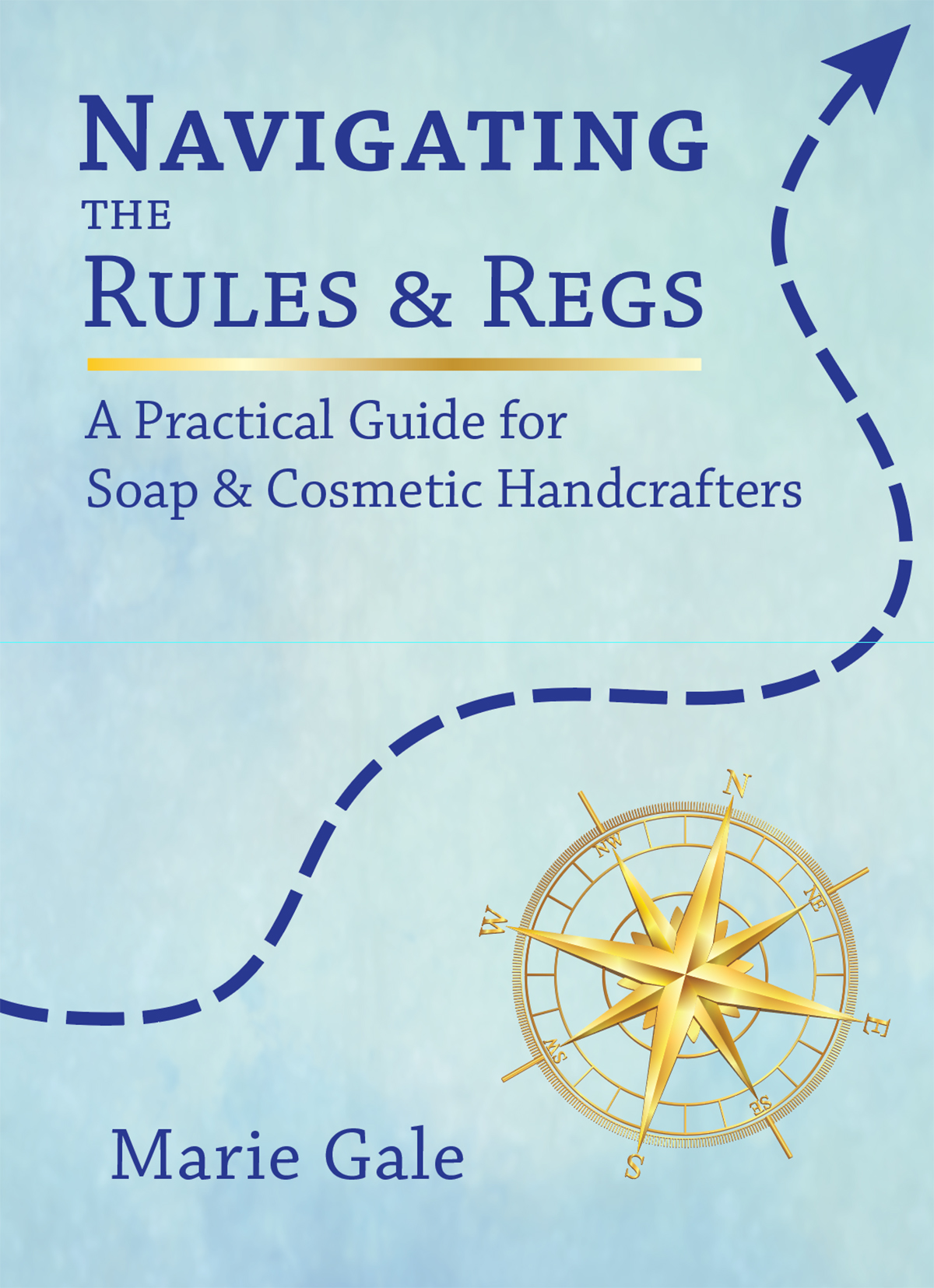[Update – August 22, 2024] The proposed non-compete agreement rule was approved and was set to go into effect September 4, 2024. There have been court cases in three states (Texas, Florida and Pennsylvania) contesting the rule. The most recent, in Texas, overturned the rule completely. Courts in Florida and Pennsylvania found differently, so it’s likely the issue will end up working its way to the Supreme Court for a final decision.
The Federal Trade Commission (FTC) just announced that they are proposing a Non-Compete Clause Rule. Under the proposed rule, employers would be completely banned from entering into a non-compete agreement with a worker, no matter if they are an employee, independent contractor, intern, volunteer, apprentice, or a sole proprietor that provides a service to a customer or client.
The one main exception would be a non-compete agreement would be allowed between the buyer and seller of a business, where the seller is an owner, member or partner holding at least 25% ownership.
What is a Non-Compete Agreement?
A non-compete agreement is a contractual term between an employer and a worker that typically blocks the worker from working for a competing employer, or starting a competing business, within a certain geographic area and period of time after the worker’s employment ends.
In it’s simplest form, it’s a statement that, “After you stop working for me, you can’t work in any other similar or competitor’s business, or start a business in competition with me for such-and-such period of time.”
Employers use them to try to protect their business interests. However, the FTC has found that they are actually an “unfair method of competition” and fall under the Federal Trade Commission Act which says that unfair methods of competition are unlawful. They also tend to fall under both state and federal anti-trust laws.
Three states have adopted statutes that make non-compete clauses void for nearly all workers: California (since 1872), North Dakota (since 1877) and Oklahoma (since 1890). Most of the other 47 states have already have some provisions to limit non-compete agreements.
Details of the Proposed Rule
The proposed rule is actually pretty straightforward. It essentially bans all non-compete agreements currently in place or in the future.
It will be added into Article 16 of the Federal Regulations, at section 910.
Definitions
The first section (910.1) contains definitions:
Business entity
A partnership, corporation, association, LLC or other legal entity, or a division of subsidiary thereof.
Non-Complete Clause
As defined above. It also includes contractual terms that aren’t actually called “non-compete” agreements, but have essentially the same effect (such as a very broadly written non-disclosure agreement).
Employer
Called a “person” but defined as “any natural person, partnership, corporation, association, or other legal entity”1 that hires or contracts with a worker to work for him/it.
Worker
A natural person who works, whether paid or unpaid, for an employer. The term includes, without limitation, an employee, individual classified as an independent contractor, extern, intern, volunteer, apprentice, or sole proprietor who provides a service to a client or customer.
Substantial Owner
An owner, member or partner holding at least a 25% ownership interest in a business entity.
Unfair method of competition
The second section (910.2) explains that it’s an unfair method of competition (and therefore not allowed) for an employer to enter into a non-complete clause with a worker or to maintain an existing non-compete clause. It’s also not allowed to attempt to enter into a non-compete clause (try to get them to sign, even if they refuse), or to give the worker the idea that they fall under a non-compete clause (even when they don’t).
Where there is an existing non-complete clause, the employer must rescind the non-compete clause no later than the compliance date for the rule and must give personalized notice in writing (paper or electronic) to the worker. That includes current workers and workers who have already left.
The model language for the notice is:
Model Language:
A new rule enforced by the Federal Trade Commission makes it unlawful for us to maintain a non-compete clause in your employment contract. As of [DATE 180 DAYS AFTER PUBLICATION OF THE FINAL RULE] the non-complete clause in your contract is no longer in effect. This means that once you stop working for [EMPLOYER NAME]:
- You may seek or accept a job with any company or any person — even if they compete with [EMPLOYER NAME].
- You may run your own business — even if it competes with [EMPLOYER NAME].
- You may compete with [EMPLOYER NAME] at any time following your employment with [EMPLOYER NAME].
The FTC’s new rule does not affect other terms of your employment contract.
For more information about the rule, visit [link to final rule landing page].
Exception – Selling Ownership
The third section (9101.3) provides an exception, allowing a non-compete agreement between the buyer and seller of a business, when the seller is a substantial owner of the business (owns more than 25%). However, such a non-complete cause would still remain subject to Federal antitrust law as well as all other applicable law.
Relation to State Law
This new rule will supersede any state statute, regulation, order, or interpretation where the state statute, regulation, order, or interpretation is inconsistent with the new rule, unless the state statute gives MORE protection to the worker than the new FTC rule.
Compliance Date
Compliance to the new rule is required as of 180 days after the publication of the final rule.
From Proposed to Final Rule
The process to go from a proposed rule to a final rule is relatively simple.
First, the FTC publishes the proposed rule in the Federal Register. This proposed rule was published on January 19, 2023. The publication contains all of the reasoning and details explaining why the Commission is proposing the rule. As part of the publication, they also explain what other alternatives they have looked at and ask for public comment on various portions of the proposed rule.
This proposal is quite long and includes lots of studies and background about the effect that non-complete agreements have on commerce, employment, wages and other aspects of the economy. It also discusses previous cases, gives examples, and presents alternatives. It’s an interesting read …. if you are into that sort of thing.
With that publication, comments are opened. Comments must be received within 60 days (on or before March 20, 2023). Comments on this proposed rule can be made here.
Once comments are closed, the Commission will review all the comments and make any changes to the proposed rule that they deem appropriate based on the comments. There is no specific time frame for this process, but the FTC is generally pretty fast. The final rule may be issued as soon as 60-90 days after the close of the comment period.
The final rule is published in the Federal Register. Once published, it goes into effect immediately, but may have a time period for compliance. This rule gives 180 days from publication of the final rule for employers to come into compliance, including issuing the required notices recinding existing non-compete clauses.
NOTE THAT THE FINAL RULE MAY BE DIFFERENT THAN THE PROPOSED RULE.
What Does It Mean for Soap & Cosmetic Makers?
There are three possible ways that this rule could affect you and your business.
Existing Non-Compete Agreements
If you have any existing non-compete agreements that are still in force with current or former workers, they will need to be rescinded. Use the notice that is included in the final rule (in case it is changed) to let them know that their non-compete agreement is no longer in force.
Workers
If you have employees, independent contractors, volunteers, apprentices, interns, or other people “helping out” you will have no say about what they do when they leave. When someone stops working for you they will be free to go start their own business or go to work for a competitor. You won’t be able to prevent them from doing so.
You do, however, have other tools that can protect your proprietary information and customer base. If you have workers in your shop, consider putting one or more of the following agreements in place:
- Non-Disclosure (Confidentiality) Agreements which prevent the worker from disclosing confidential information they learned about about your business, processes, procedures, products, etc. while working for you.
- Client or Customer Non-Solicitation Agreements which prohibit the worker from doing business with former clients or customers of the employer, whether or not they are solicited by the worker.
- No-recruit Agreements which prevent the worker from recruiting or hiring the employer’s workers.
- Training-Repayment Agreements in which the worker agrees to pay the employer for the employer’s training expenses if the worker leaves their job before a certain date.
So long as these agreements aren’t so broad as to be a de facto non-complete clause, they are perfectly acceptable. You can probably find sample agreements online or see an attorney who can help you with the wording needed in your specific situation.
Selling Your Business
If you own more than 25% of your business (note that that percentage may change in the final rule), and decide to sell your business or the portion you own, the buyer may require a non-compete agreement. The ban on non-compete agreements does not apply in this situation.
However, there may be other anti-trust laws that limit restrictions on competition even when selling your business. It’s always a good idea to have any sale agreement, including any non-compete clause included in it, reviewed by a competent attorney before signing off.



Leave a Reply